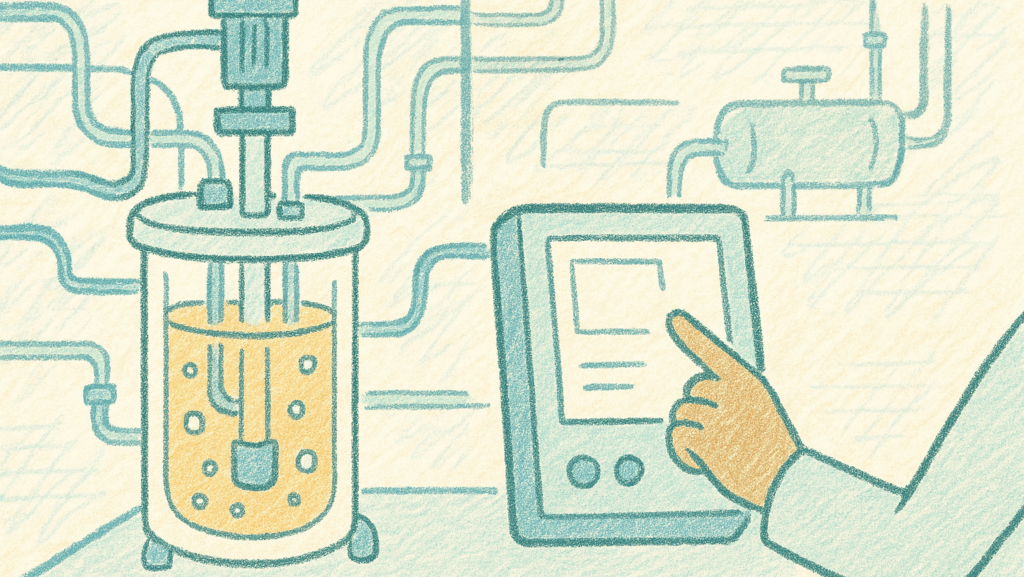Researchers at acib GmbH have achieved a significant breakthrough in biotechnology. They have successfully genetically engineered a special type of microorganism, called *Methanothermobacter marburgensis*, to produce a valuable compound called isoleucine. Isoleucine is an essential amino acid, important for nutrition and used in various industries.
Normally, making isoleucine can be a complex process. But the acib team used a clever new method to change the microbe’s internal machinery. This method, called “markerless mutagenesis,” allows scientists to make precise changes to the organism’s genetic code without leaving behind any unwanted genetic “markers.” Think of it like editing a book without leaving any notes or highlights behind.
Using this precise editing tool, they taught the microbe to build isoleucine using only threonine, another simple building block. This is like getting the microbe to bake a specific cake using only one main ingredient you provide. Previously, this microbe couldn’t do this and used another building block called pyruvate.
This research is exciting because it shows we can reprogram even complex and difficult-to-work-with microbes like Methanothermobacter marburgensis. These types of microbes are interesting because they can grow on simple, sustainable resources like carbon dioxide and hydrogen.
The ability to efficiently engineer these microbes to produce valuable substances like isoleucine opens up new possibilities for sustainable manufacturing. Instead of relying on traditional chemical processes that can be energy-intensive and produce waste, we could potentially use these engineered microbes to create essential compounds in a more environmentally friendly way. This research paves the way for developing greener industrial processes and utilizing renewable resources more effectively for the benefit of society.
